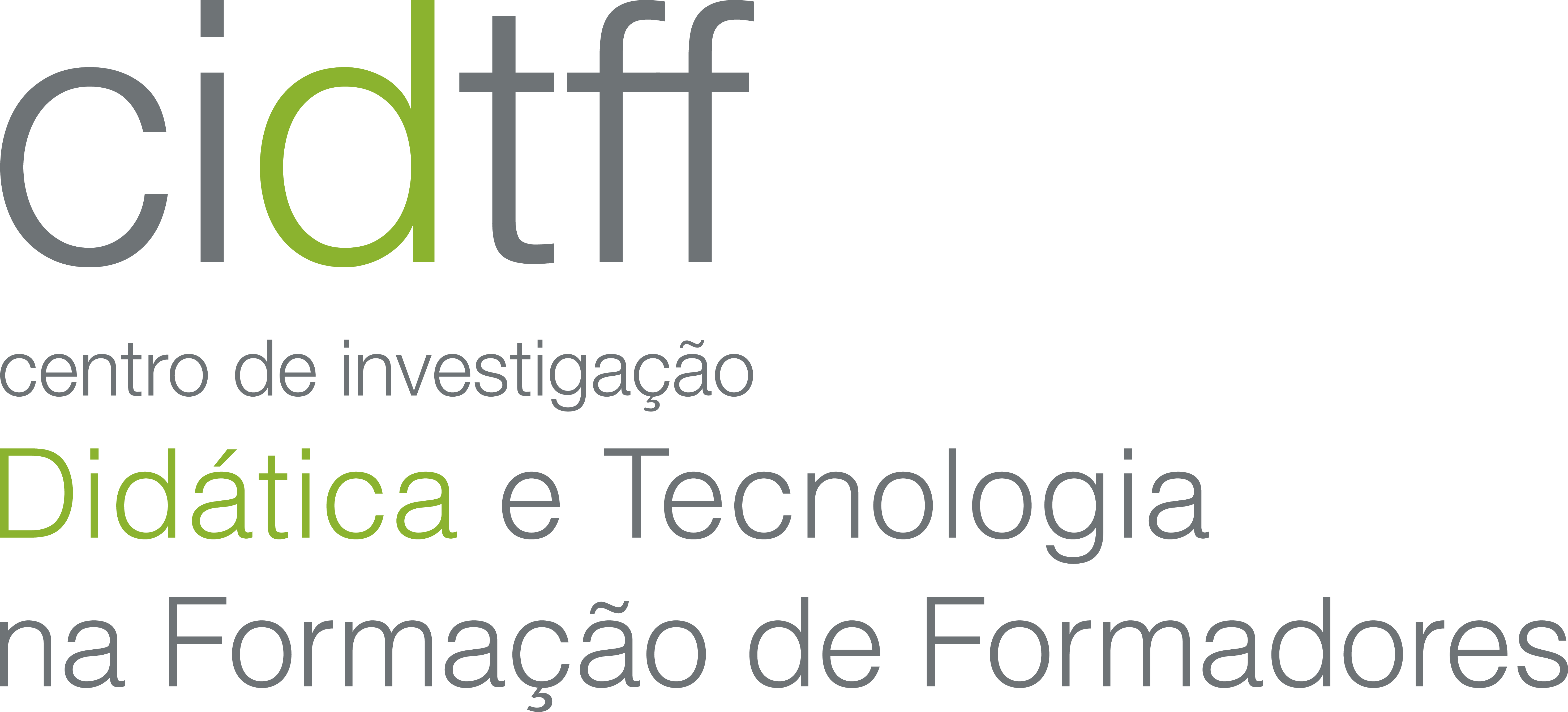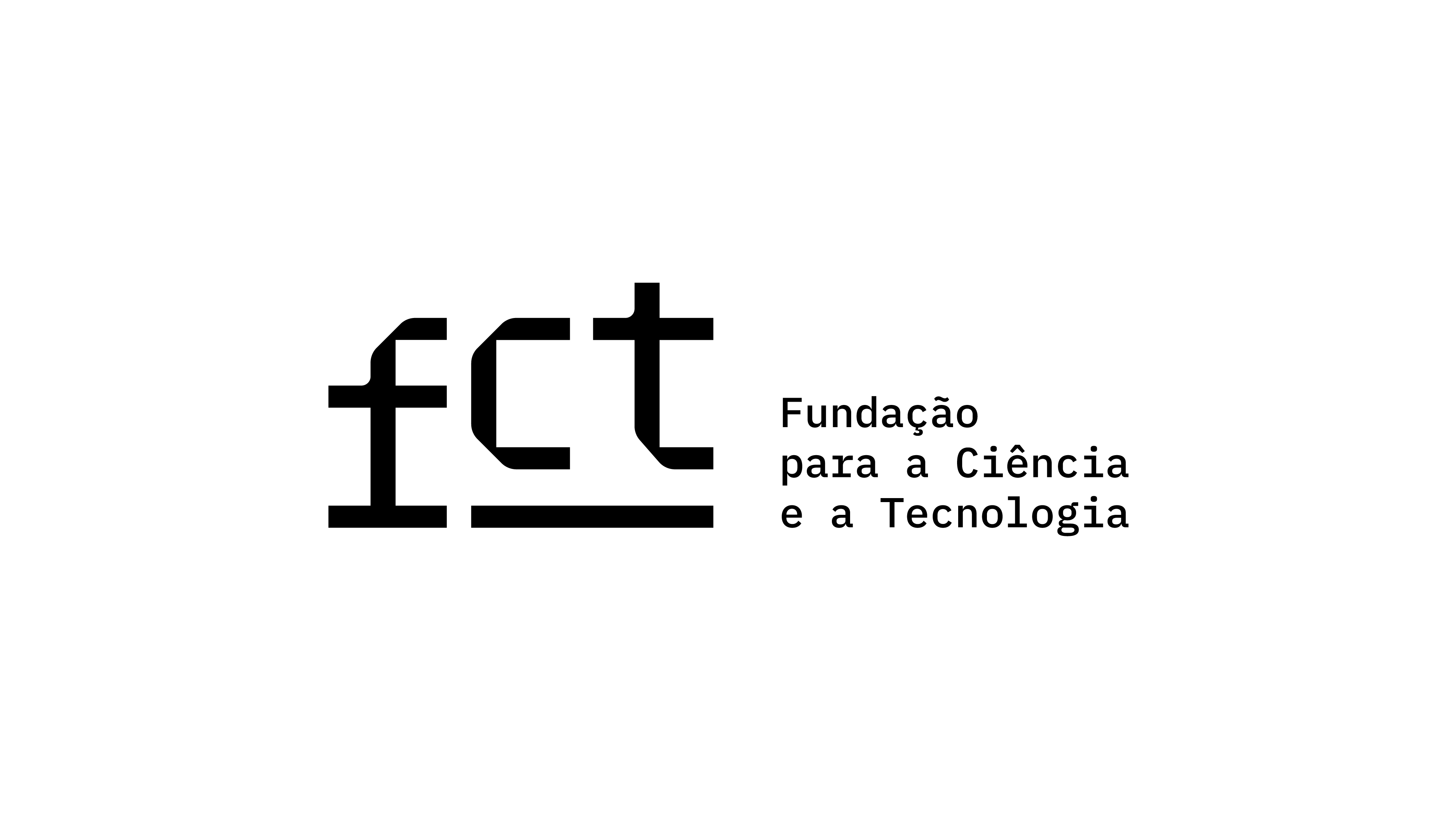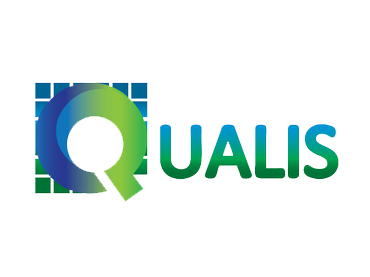Princípios de ética
Publication Ethics and Malpractices Statement
Authorship and contributorship
Authorship credits an individual’s contributions to a publication and entails responsibility ever the information available on the study, as well as the article itself.
An author:
- substantially contributed to the work, with the acquisition, analysis, or interpretation of data; and
- drafted the work or was involved in critically revision contributing with important intellectual content; and
- gave their approval of the work intended for publication; and
- is accountable in all aspects of the work, including looking into and resolving any issues that may arise concerning the accuracy and/or integrity of the work, as a whole or partially.
For an article with multiple authors, the corresponding author has the authority to act on behalf of other authors of an article. They are responsible for any necessary communication with the journal, during all phases of the publishing process and should be available to answer or solve any questions or issues that may rise during the submission, peer review, editing, and publication.
Authors should be able to identify which co-author is responsible for which part of an article and confident of the integrity of these.
The acknowledgment of all contributors to the article that do not fit the role of author (such as proofreaders, language editors, or advisors), individually or as group, with the specification of their role, is welcome.
Based on: https://www.research-integrity.admin.cam.ac.uk/research-integrity/guidance/guidelines-authorship
Allegations of misconduct
The editor(s) shall take reasonable steps to prevent the publication of papers where research misconduct is identified. This includes the following cases amidst others that may be identified.
A. Plagiarism
Plagiarism may be defined as pass off someone else’s work, words, or ideas as one’s own, without proper acknowledgement, which constitutes a serious infringement of ethics and academic integrity.
(Source: https://www.plagiarism.org/article/what-is-plagiarism | https://www.ox.ac.uk/students/academic/guidance/skills/plagiarism)
Plagiarism includes:
- Paraphrasing and quoting another someone else’s work without properly acknowledging it;
- Copying and pasting from online sources without referencing to them correctly;
- Using another’s concepts and/or research, or submitting another’s work as one’s own without referencing or properly crediting.
Media – such as images, tables, illustrations, and code – can also be plagiarized. So sources and original authors should be properly identified.
Any proposals in which plagiarism is detected and proved will be rejected, and may be retracted if they’re already published. If there is suspicion of plagiarism, URKUND – a tool made available by the University of Aveiro to its academic community – can be used, or another similar tool preferred by the reviewers.
B. “Self-Plagiarism”
This term is used to refer to the publication of a significant portion or the full content of an article published before by an author. This can happen even if the language or media are not the same.
The duplication of publications should only be allowed if it improves the scientific research, and even then, authors should be careful in obtaining consent from the previous editors/publisher and reference the original work.
All articles published in Indagatio Didactica must be original, even when integrated in a special edition published as result of conference submissions. Therefore, any suspicion of “self-plagiarism” should be reported, by email, to the editor(s), and if proven, the work will be rejected, and may be retracted if they’re already published.
C. Data falsification/fraud
If false or fraudulent content is detected and proven to exist in any submission, the author should explain how and/or why this happened. If there is an ill-intent in their actions, the author’s institution’s ethics committee should be contacted, and the submission should also be removed and any future submissions may be refused.
D. Manipulation
Manipulation may be found in various ways, namely citation manipulation, fabricated data, and peer review manipulation.
- Citation manipulation: Citation manipulation becomes a problem when references that do not contribute to the article contents are included with the only purpose an author’s self-promotion (either as self-citation of one’s work, or to promote a certain publication/journal). To avoid this, the authors should only include references that are in some way mentioned along the text. If an (excess of) additional references are detected during the reviewing process, these are to be pointed out and removed prior to publication.
- Fabricated and/or manipulated data: The process of making up research findings is a grave form of scientific misconduct or fraud. This may involve data and image manipulation with the intention of giving a false impression, by removing, changing, omitting, or adding results. If there’s a suspicion of fabricated data in a submitted article, the editor(s) should be informed so that they can contact the author to explain their concern and ask for evidence.
- Peer review manipulation: For a careful analysis of a submitted work, an editor should find a peer reviewer with good knowledge of the theme of the article to be evaluated. Considering that, a peer reviewer for a journal or submission may be suggested by
- the editor(s) managing the publication;
- an author;
- a peer reviewer who is currently unavailable.
It is up to the editor(s) to make the final decision, since they manage the interactions between the author and the reviewer in order to maintain the anonymity. While it is expected that everyone involved in the process acts with integrity, if there is a suspicion of manipulation (i.e. the anonymity of the article is compromised, or at any time false information is provided by the parties involved, etc.), the suggested reviewer should be contacted and investigated by the editor(s). If confirmed, the article should be delivered to a different peer reviewer for evaluation or removed.
Useful resources:
Citation manipulation: https://doi.org/10.24318/cope.2019.3.1
Data fabrication and data manipulation: https://www.springer.com/gp/authors-editors/editors/data-fabrication-data-falsification/4170
Fabrication of data definition : https://www.oxfordreference.com/view/10.1093/oi/authority.20110803095807302
Fabricated data in a submitted manuscript: https://doi.org/10.24318/cope.2019.2.3
How to recognise potential manipulation of the peer review process: https://doi.org/10.24318/cope.2019.2.15
Peer review manipulation suspected after publication: https://doi.org/10.24318/dvuDitEV
Ethical guidelines for peer reviewers (English): https://doi.org/10.24318/cope.2019.1.9
In no case the Journal’s editorial team should encourage misconduct or knowingly allow it to take place, and if made aware of any allegations, will look into COPE’s guidelines for guidance.
Complaints and appeals
Academic work, such as the research published by Indagatio Didactica, is and should be subjected to analysis by the academic community. A published article may need some corrections, and this interchange is important for academic development and is welcome.
In the event of a correction being needed, this concern should be conveyed to the editor by email. The editor should respond in due time, but never before gathering enough evidence in order to make an informed decision to either accept or reject the proposed correction.
If an author notices a correction is needed, they should contact the editor by email, so that the journal can proceed to the correction and publish the corrected article. If the journal has made a mistake, it should proceed with the required corrections, and published the new version of the article, with the author’s knowledge. If an article is considered to be too extensively and irreparably flawed, it might be retracted, clearly informing the reasoning behind the retraction.
For further information on Complaints and appeals check: https://publicationethics.org/appeals
Conflicts of interest
Indagatio Didactica editorial team will do their best to detect any cases of influence during the editorial processed of an article publication.
Any individual involved in the publication process (authors, reviewers, or editors) should declare beforehand if there is a conflict of interest (professional, personal, financial or other) that may compromise the integrity and/or objectivity of the work.
Anyone who suspects there was a clear conflict of interest should inform the editor(s) by email.
For further information on Conflicts of interest / Competing interests see: https://publicationethics.org/competinginterests
Data and reproducibility
Indagatio Didactica is an open access journal which contents are mainly produced by national and international academics and trainers, and used to promote innovation in diverse educational settings.
The journal encourages their authors to promote research data transparency and availability, still being careful with the confidentiality of any of individual information, obtained in the course of research. By having access to this kind of data, other researchers may be able to test, understand and reproduce results, still being mindful of properly referencing the original research.
Ethical oversight
A. Consent to publication
Indagatio Didactica will not publish any work without consent from an article’s authors and will not do it if there are any doubts about the integrity of the work, authorship, misconduct, or conflict of interests to be resolved. Any detected issues should be reported to the journal editor(s), so that actions can be taken.
B. Open Access
Indagatio Didactica is an online publication that seeks to grant free and open access to academic information to all. All its contents are available free of charge to the users and their institutions.
It integrates the Open Access Journals platform of Universidade de Aveiro (PROA-UA), which aggregates and disseminates online the scientific and academic journals of the departments, schools and research units of this institutions.
It’s included in the Scientific Open Access Repositories of Portugal (RCAAP) and integrates the Directory of Open Access Journals (DOAJ).
In order to promote visibility and accessibility, the journal assigns a DOI (Digital Object Identifier) to each one of its published articles.
C. Research with Humans
As a journal focused on the field of Education and Social Sciences, the editor(s) should ensure that the published research was carried out according to internationally accepted guidelines (such as AERA and BERA guidelines for educational research).
Resources:
AERA Ethical Guidelines for Educational Research: https://www.aera.net/About-AERA/AERA-Rules-Policies/Professional-Ethics
BERA Ethical Guidelines for Educational Research: https://www.bera.ac.uk/resources/all-publications/resources-for-researchers
D. Confidentiality
Indagatio Didactica and the authors of a submitted article should always protect the confidentiality of individual information obtained during research or professional interactions, besides the national jurisdiction on confidentiality.
Any personal information (such as names, addresses and e-mails) that may have been provided will be used only for the purposes of publication and won’t be provided to third parties for any other use.
Work might be published with individual information without explicit consent if public interest considerations outweigh possible harms, if it’s not possible to obtain consent, and if a reasonable individual is unlikely to object.
E. Marketing and Communication
Authors are encouraged to promote their new articles and academic research online (through e-mail or social media, for example), still being cautious as to assure the integrity of its contents, and that the publication process isn’t compromised.
A short guide to ethical editing for new editors: https://doi.org/10.24318/cope.2019.1.8
Intellectual property
The Journal Indagatio Didactica is under the CC BY 4.0 license, which states that copy and redistribution of the material is allowed, and its contents might be adapted, provided that the original work and author is properly credited.
Authors retain copyright for their work, assigning the rights of the first publication to the Journal. For its reproduction in another Journal, the authorization of the Editorial Team of Indagatio Didactica is required.
Indagatio Didactica is an open access journal. All its contents are available free of charge to the user and their institution. Users are allowed to read, download, copy, distribute, print, search, or link to the full texts, or use them for any other lawful purpose, without asking prior permission from the publisher or authors, always being mindful to properly acknowledge the source.
Journal management
Indagatio Didactica is an online journal of the responsibility the Research Centre on Didactics and Technology in the Education of Trainers (CIDTFF) of the University of Aveiro (UA), Portugal.
The Journal integrates the Open Access Journals platform of Universidade de Aveiro (PROA-UA), which aggregates and disseminates online the scientific and academic journals of the departments, schools and research units of this institution.
Peer review process
All articles to be published to Indagatio Didactica undergo a double blind peer review process.
Articles are reviewed by the most diverse reviewers, who are suggested and selected by the editor(s) taking into consideration the article’s theme.
The review process is structured and the evaluation should be objective, according to the category system made available to all reviewers at the beginning of the process. The Evaluation parameters are: originality, relevance for the public of the Journal and legibility and accordance with all the principles, roles and scope of the Journal. Reviewers are also encourage to make comments and suggestions to improve the proposal text submitted finishing with a Final Evaluation.
Each review is made known to the authors and the editor(s). The editor(s) mediates communication between the reviewer and the author, thus maintaining anonymity and confidentiality between both.
Post-publication discussions
Open debate and discussion are important for the development of research.
Reasonable criticism of published articles is welcome, and the authors of criticised work should be allowed to respond.
Should the criticism of the published article culminate in a negative result, the article should not be excluded, but instead allowed a new version to be published in the future, always preserving the previous version. Only when severe scientific inaccuracy is detected, an article should she retracted.
Based on:
Principles of Transparency and Best Practice in Scholarly Publishing: https://doi.org/10.24318/cope.2019.1.12
Code Of Ethics: https://impactum-journals.uc.pt/codeofethics
A short guide to ethical editing for new editors: https://doi.org/10.24318/cope.2019.1.8




 financiado por Fundos Nacionais através da FCT – Fundação para a Ciência e a Tecnologia, I.P., no âmbito dos projetos UIDB/00194/2020 (
financiado por Fundos Nacionais através da FCT – Fundação para a Ciência e a Tecnologia, I.P., no âmbito dos projetos UIDB/00194/2020 (




